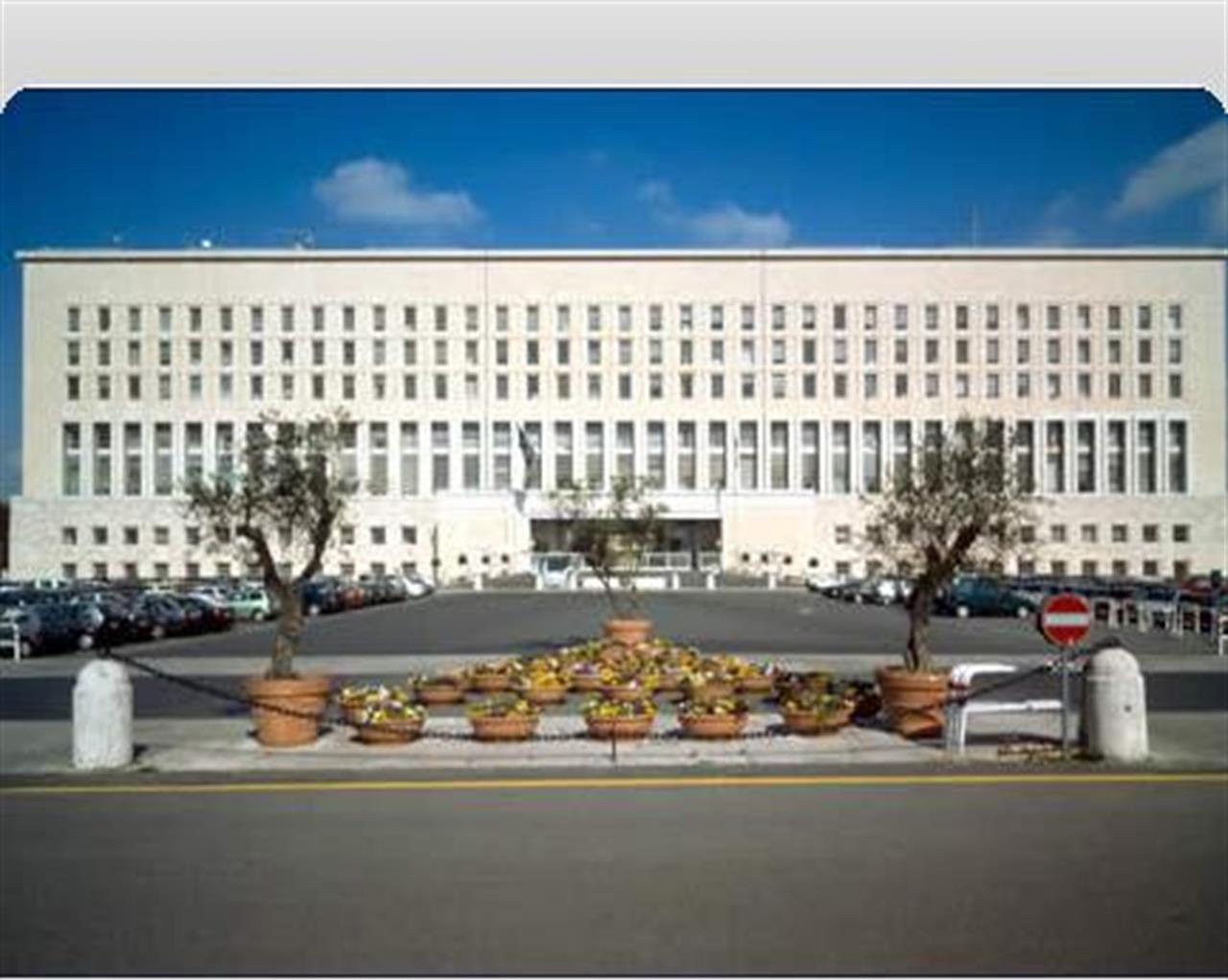Non profit
The collapse of aid for development
Italy has decreased funding to aid for development and will not meet the Millennium Development Goal
di Staff

By Paolo Manzo
It was announced on July 19 that seventy per cent fewer projects would be financed this year compared to 2009. And in the meantime, staffing problems at the Directorate General are preventing the 30 million credits NGOs claim to have from being settled.
Italy’s international aid for development sector is dying. What is more, say the directors of many NGOs with different affiliations (Catholic, secular and post communist) “the way things are going it would be better to end it and celebrate its funeral. At least someone would notice a sector that by law is an integral part of foreign policy.” Aside from the slogans, the numbers speak volumes and the lack of human and financial resources that plagues Italy’s Directorate General for International Aid and Development (DGCS) is tragic.
Promises to the Millennium Development Goals (MDGs) that were never kept
Everyone knows that with the pitiful 0.1 per cent of GDP to aid for development Italy is light years away from the 0.7 per cent promised in the United Nation’s Millennium Declaration and inserted into the eighth point of the MDGs that will be discussed in September in New York. Who knows what the Italian Sherpas who will accompany the Minister of Foreign Affairs, Franco Frattini, and the Director General of Development Cooperation for the Ministry of Foreign Affairs, Elisabetta Belloni, in a couple of months. A 30 per cent cut to funds to aid for development in the government’s budget means that in 2011 the resources available for NGO projects will shrink from €35 million to €25 million. Pittance.
Last July 19, during a high level meeting at the Ministry for Foreign Affairs headquarters in Rome, the Farnesina, sparks flew because this year, more than any other, the sum was far from what had been promised. The DGCS had €18 million at its disposal to allocate to NGOs in 2010. To date 19 projects have been approved and funding them will require just over a third of the amount available which is 5 million short of the original 18 million as an NGO won a court case with the DGCS.
In summary, around ten projects have been approved including: a voluntary contribution of €1 million to the Common Energy Relief fund of the Office for the Coordination of Humanitarian Affairs of the UN; an initiative in Libya to safeguard cultural heritage and a three year project in Senegal. If the allocation of resources continues at the same rate, the year will end with a mere 40 projects being funded, 70% less than 2009 and 50% less than what was promised no later than December 15 in a DGCS meeting.
The disaster had been announced, say sources within the Ministry of Foreign Affairs, and can be blamed on the political decision to take power away from the Farnesina. Indeed, functions and resources were removed in favour of other subjects, be these the department for Civil Protection or experts to the Prime Minister, like Barbara Contini was for Darfur.
Less and less
The DGCS isn’t just lacking funding from the Ministry of the Economy but people and infrastructure. Since her arrival, DGCS Director General Elisabetta Belloni has been trying to hold a public competition to staff the central and local “technical units” , unità tecniche, where the average age of employees is over 50. Staff at the technical units are key to the functioning of the Italian aid machine, but their numbers are shrinking especially because of retirement. It would seem there is no interest to ensure that the machine keeps working seeing as Belloni, through no fault of her own, has not been able to organize a competition that hasn’t run in 15 years. In the meantime, Meanwhile in a few months time ten more technical unit “made in Farnesina” employees will retire and will, of course, not be replaced.
The DGCS’s lack of human resources inevitably means that the process of approving projects slows down and the credits that are owed to NGOs accumulate to reach the 30 million euro mark. According to the DGCS, working through the backlog would take only six people, who could leave their public administration jobs for one year. This request was made not only to the Minister of Public Administration, Renato Brunetta, but also to the Italian financial police, or Guardia di Finanza. To prove the lack of interest in this sector, no answer was ever given for this request.
Vuoi accedere all'archivio di VITA?
Con un abbonamento annuale potrai sfogliare più di 50 numeri del nostro magazine, da gennaio 2020 ad oggi: ogni numero una storia sempre attuale. Oltre a tutti i contenuti extra come le newsletter tematiche, i podcast, le infografiche e gli approfondimenti.
